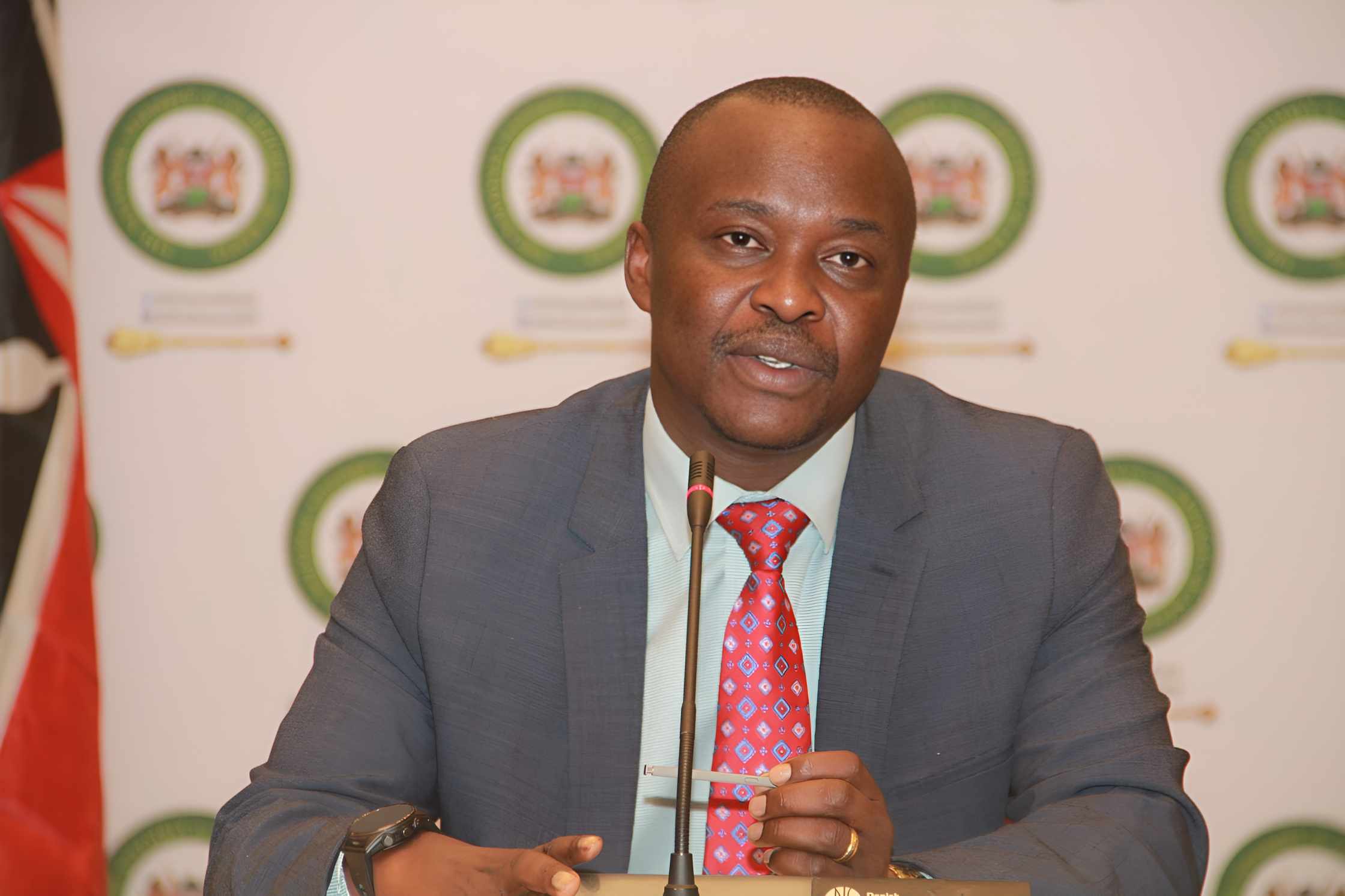MPs propose sugar tax on sweetened drinks to fund health programmes

Nandi Hills MP Bernard Kitur presented the proposal during a public hearing on the Finance Bill, 2025, at the Edge Convention Centre in Nairobi before the National Assembly’s Departmental Committee on Finance and National Planning.
Members of Parliament have proposed a health promotion levy on sugar-sweetened beverages like sodas, energy drinks, and flavoured juices to reduce health risks linked to excessive sugar consumption and generate funds for public health programmes.
Nandi Hills MP Bernard Kitur presented the proposal during a public hearing on the Finance Bill, 2025, at the Edge Convention Centre in Nairobi before the National Assembly’s Departmental Committee on Finance and National Planning.
Speaking as a parent, Kitur said the levy would encourage healthier consumption habits and support key public health initiatives.
"To mitigate this public health crisis, we propose the introduction of the Health Promotion Levy in the soft drinks industry. This levy aims to reduce sugar consumption, encourage healthier product reformulation, and generate revenue to support public health programmes," he said.
Kitur explained that funds collected should support the school feeding programme, public health campaigns, school nutrition, and healthcare infrastructure.
The levy would apply to sugar content exceeding four grams per 100 millilitres, which would be exempt from taxation. Locally made beverages would be taxed Sh1 per gram above the threshold, while imported ones would be taxed Sh2 per gram.
"For example, if a drink contains 6g of sugar per 100ml, it would attract a levy of Sh2 if it is produced locally, or Sh4 if imported," he added.
The levy would target manufacturers and importers of sugar-sweetened drinks but exempt 100% fruit juices with no added sugar, dairy drinks with at least 75% milk content, and export products.
The Kenya Revenue Authority would collect the levy, while the Kenya Bureau of Standards would check product content and compliance.
"The introduction of the Soft Drinks Industry Levy will significantly contribute to improving the health of Kenyans while promoting responsible industry practices," Kitur said.
He urged Parliament to approve the proposal for public health and economic sustainability.
Pharmacist Dr Geoffrey Kiprop, who supported the initiative, said it would reduce sugar-related health problems, promote innovation in the beverage sector, and provide steady funding for public health campaigns.
Committee Chairperson Francis Kuria Kimani noted the proposal’s value but said the specific use of funds would require separate legislation.
"Your proposal would require a separate piece of legislation since you’re seeking the establishment of a levy that is ring-fenced for a particular cause. Otherwise, if we were to establish the levy in this Bill, the funds collected would end up in the Consolidated Fund and not necessarily fund the proposed cause," he said.
If passed, the levy could increase the cost of sugar-sweetened products such as sodas, sweetened yoghurts, and some fruit juices.
The committee will continue public hearings in various counties next week to gather more views on the Finance Bill, 2025.
